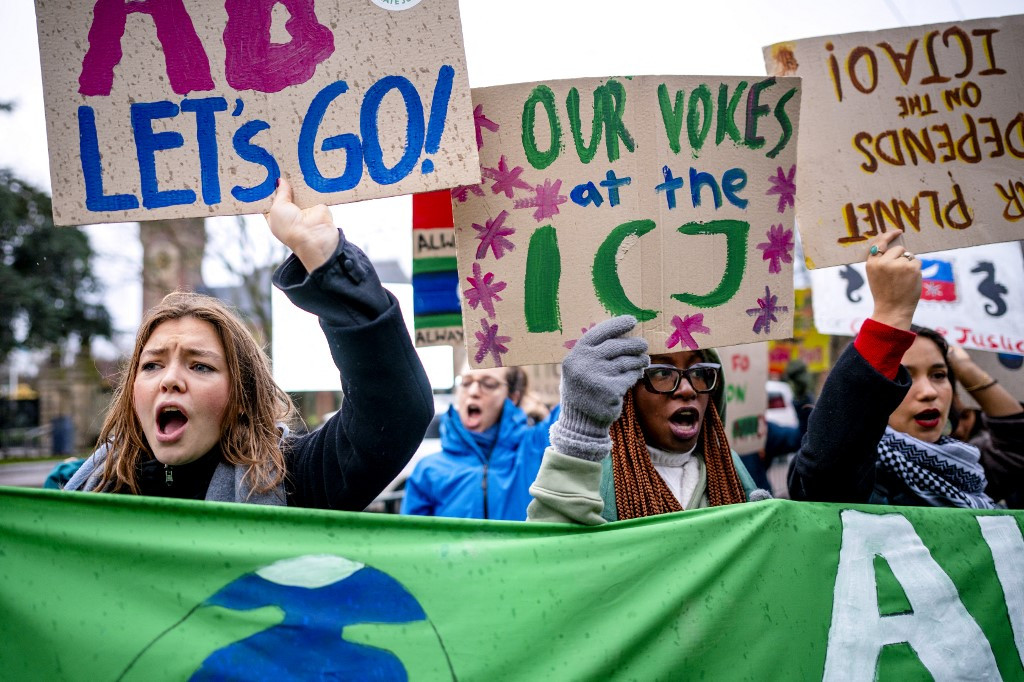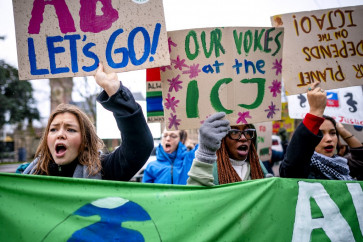Popular Reads
Top Results
Can't find what you're looking for?
View all search resultsPopular Reads
Top Results
Can't find what you're looking for?
View all search resultsCourts are shaping the future of climate action
In the absence of political will, the legal system has become a key driver of climate progress.
Change text size
Gift Premium Articles
to Anyone
A
mid rising geopolitical tensions, pressure to comply with climate obligations increasingly comes from courts. Earlier this year, both the International Court of Justice (ICJ) and the Inter-American Court of Human Rights (IACtHR) issued landmark advisory opinions affirming that countries must address climate change, and that failure to do so may carry serious legal consequences.
This renewed legal clarity comes at a critical moment. Last year was the hottest on record, with global average temperatures exceeding 1.5° Celsius above pre-industrial levels, yet the gulf between the urgency of the climate threat and the policy response continues to widen.
In the absence of political will, the legal system has become a key driver of climate progress. As the United Nations Climate Change Conference in Brazil (COP30) approaches, the groundwork has been laid for stronger, fairer and more accountable climate action. The task now is for governments to adapt their policies in accordance with both international law and environmental needs.
The most immediate implication of the ICJ and IACtHR opinions is that national climate plans, known as Nationally Determined Contributions (NDCs), must reflect the “highest possible ambition” and be consistent with the 2015 Paris climate agreement’s goal of limiting global warming to 1.5°C.
Alarmingly, as of 2024, global temperatures are on track to rise by up to 3.1°C by the end of the century. Following the September deadline for new NDCs, only half of greenhouse-gas (GHG) emissions are covered by updated climate pledges, most of which fall well short of science-based targets.
The ICJ and IACtHR decisions, however, offer some cause for hope. At COP30, negotiators and civil-society representatives can push for ambitious measures, as noncompliance with the Paris agreement’s temperature goals can be challenged not only in diplomatic forums but also in courts.
A rapid phaseout of coal, oil and gas remains essential to effective climate action. But despite the so-called “UAE consensus” to move away from fossil fuels, many countries continue to obstruct progress. Here, too, the ICJ provides negotiators with new tools, explicitly recognizing that governments may be held liable for failure to reduce GHG emissions, including through fossil-fuel production, consumption, exploration and subsidies.



















